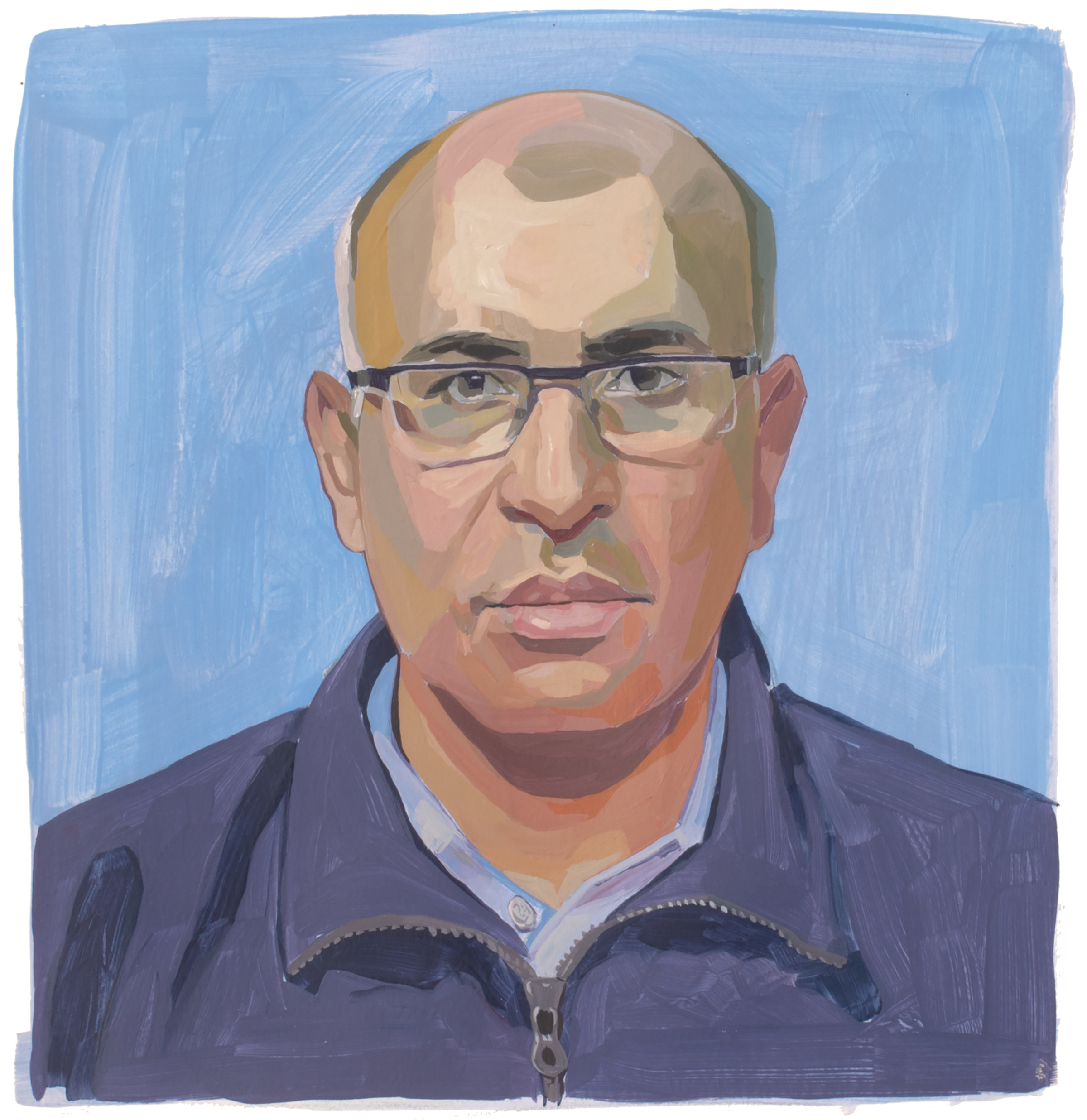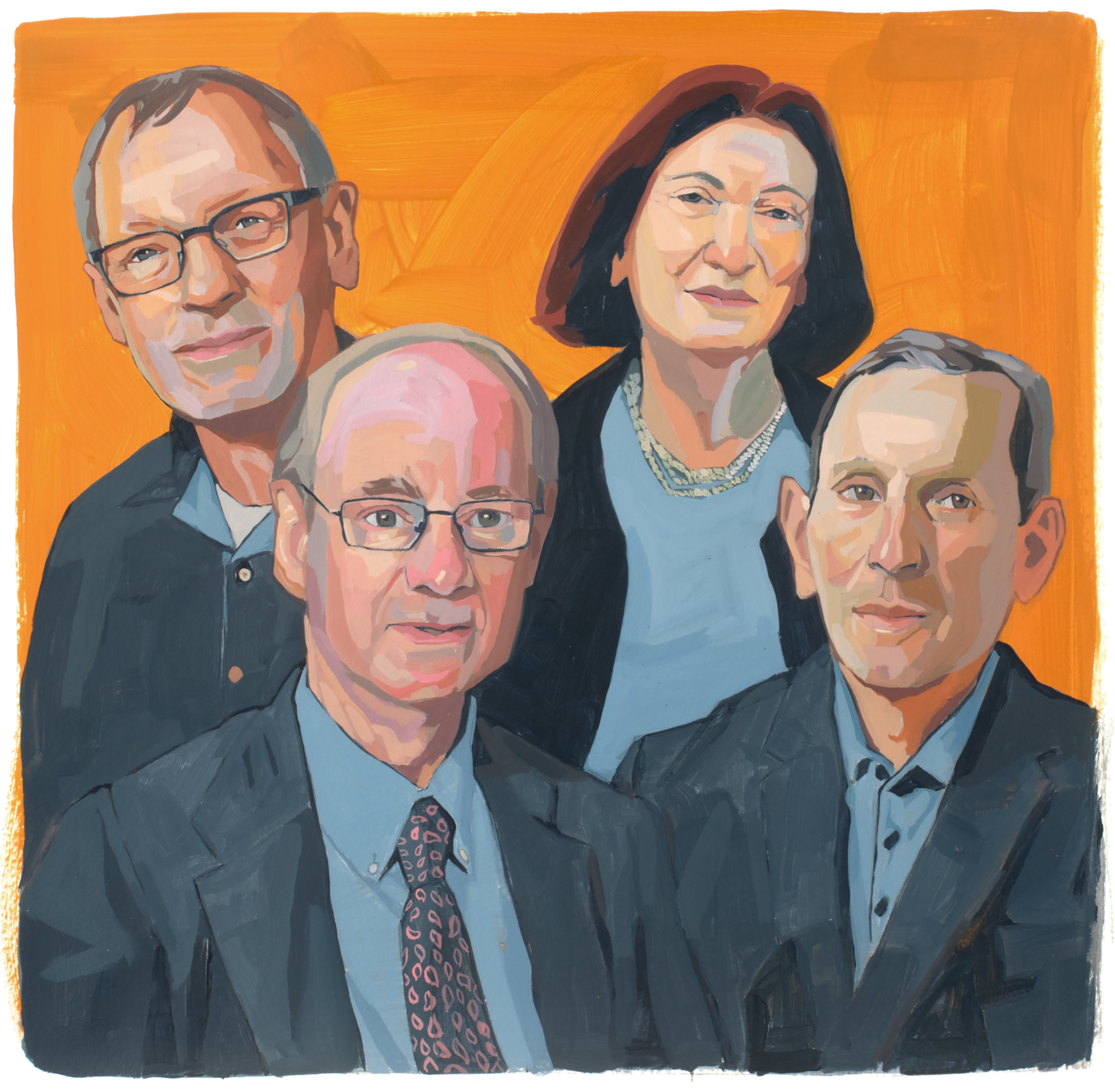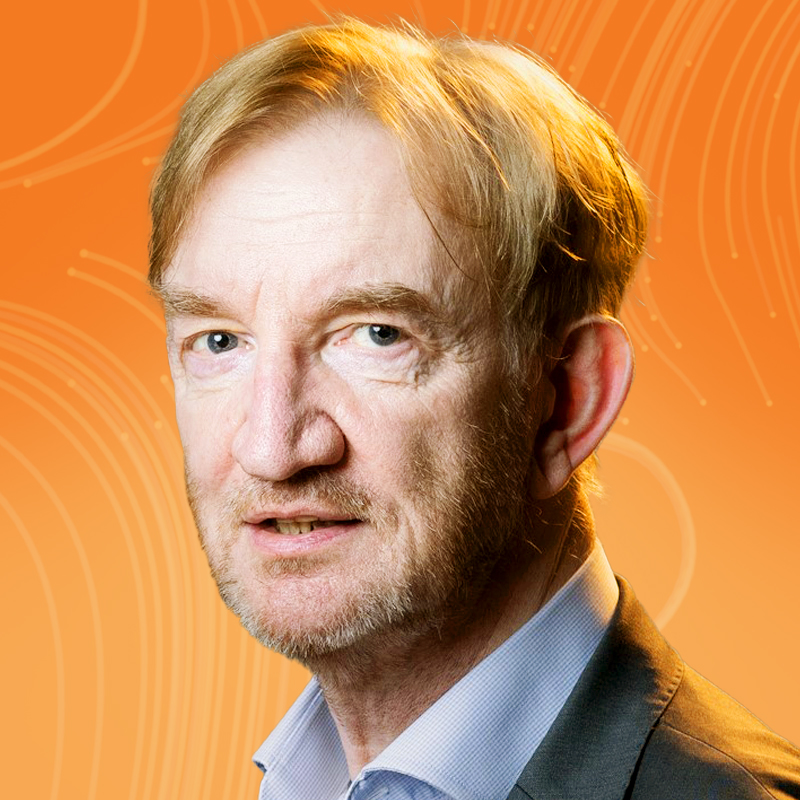South Africa may not spring immediately to mind as a hub for virus hunting, but thanks to Brazilian, Portuguese, and South African virus expert Tulio de Oliveira, it’s quickly becoming one. De Oliveira led the group that confirmed the COVID-19 variants Beta and Omicron, days after they first appeared in hospitals, and participated in the early trials testing the efficacy of COVID-19 vaccines for the country. He has since created two major scientific institutes in South Africa—the Kwazulu-Natal Research Innovation and Sequencing Platform and the Centre for Epidemic Response and Innovation (now the largest genomics center on the continent)—that train the next generation of genetic sleuths, as well as conduct cutting-edge genetic sequencing and analysis of disease-causing culprits—from SARS-CoV-2 to HIV, TB, chikungunya and dengue. The people who currently head the genomics labs in most of the African countries came from de Oliveira’s lab. “At the moment we are not only on par with the best [genomics] systems in the world, but I think we are more advanced than the best systems in the world,” he says.
In 2024, the U.K.’s Wellcome Sanger Institute asked de Oliveira to become its chief scientific officer; the institute is the world’s leader in genomic sequencing and analyzed about 30% of global COVID-19 samples during the pandemic. Convinced he had more work to do in establishing Africa as a leading player in the genomics world, de Oliveira proposed that the institutes merge their talents—de Oliveira’s for quickly identifying and characterizing new pathogens, and Sanger’s for scaling up massive genetic sequencing and analysis of samples—to better prepare the world for the next big public-health threats. Their groups will now attempt to expand the network of genomic monitoring de Oliveira started in Africa to create a more robust global system of disease trackers. In coming years, that will include keeping an eye on climate change’s effect on infectious diseases and human health. “Pathogens do not respect borders. We have to think about pathogens as not just a national problem, but as a global problem,” de Oliveira says.
More Must-Reads from TIME
- Cybersecurity Experts Are Sounding the Alarm on DOGE
- Meet the 2025 Women of the Year
- The Harsh Truth About Disability Inclusion
- Why Do More Young Adults Have Cancer?
- Colman Domingo Leads With Radical Love
- How to Get Better at Doing Things Alone
- Michelle Zauner Stares Down the Darkness
Contact us at letters@time.com





